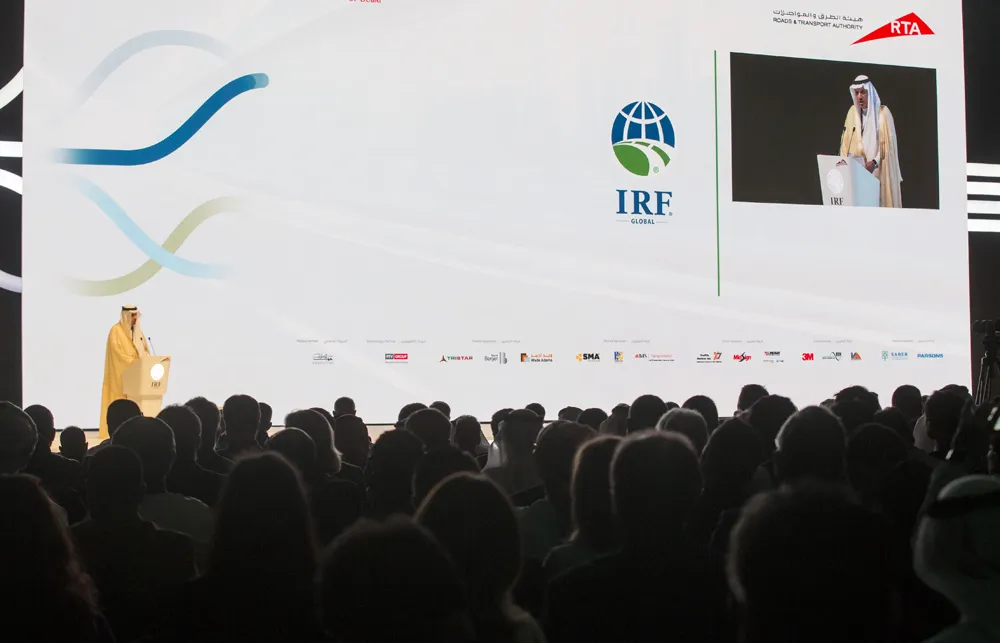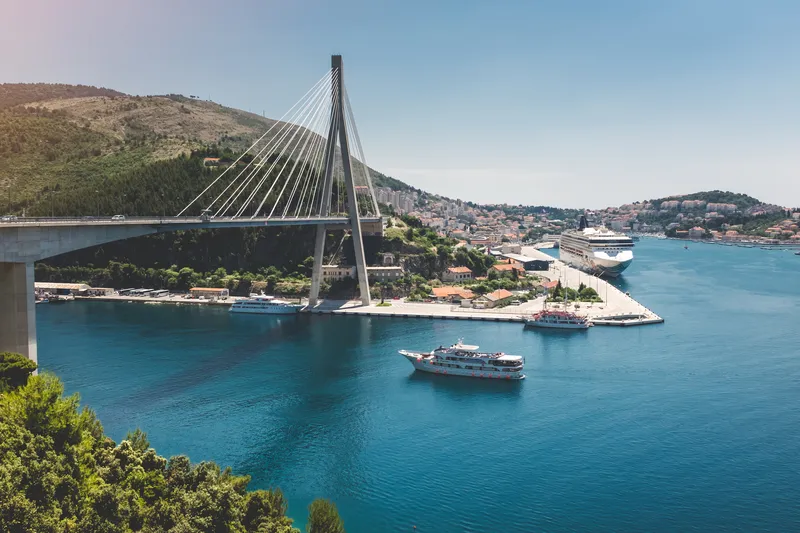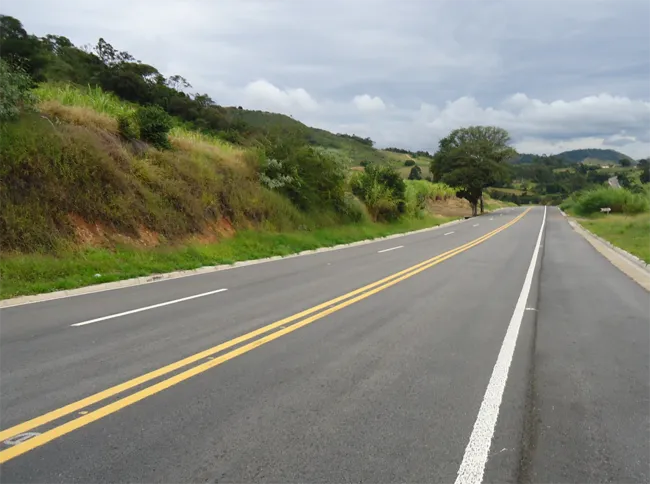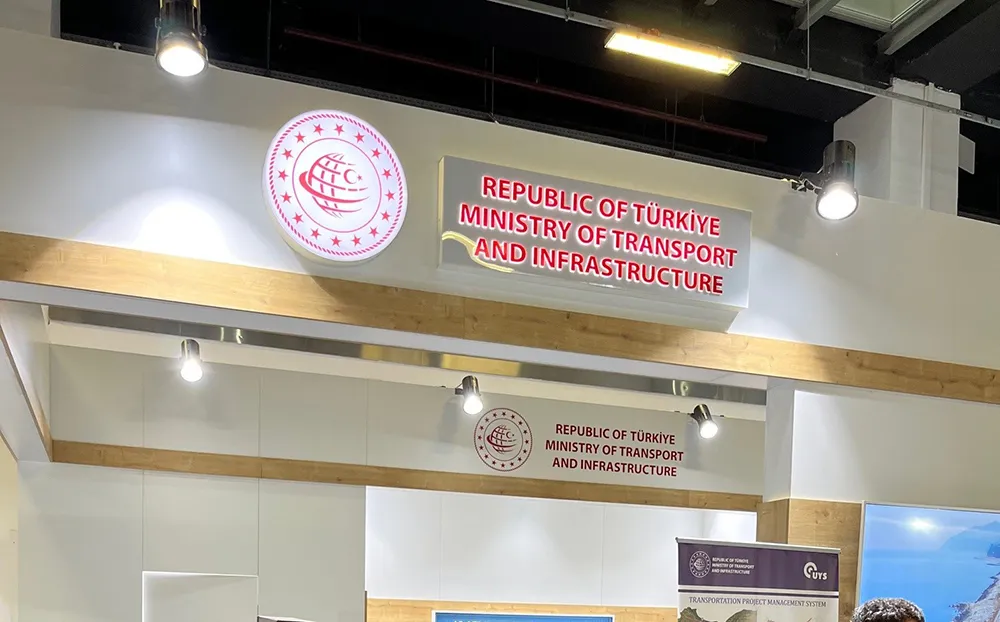
An IRF taskforce is being established to produce globally applicable recommendations on adapting road infrastructure design, construction and operations to the new needs of Autonomous Vehicles (AV).
AVs are a game-changing evolution in personal mobility, however, design guidelines for highway and traffic engineers remain silent on the question. On account of their long lifespan, current and future road infrastructure assets will increasingly need to factor changing needs to support the future deployment of these vehicles.
The taskforce’s scope includes measures to enhance the quality and uniformity of traffic control devices, intelligent transportation system devices, digital navigation maps, as well as road structures. Where applicable, potential agency actions for readiness will also be considered by the taskforce, including roadway classification systems that indicate a network’s ability to support autonomous road traffic.
The IRF initiative comes at a time when US authorities are proposing an update to the Manual of Uniform Traffic Control Devices, which standardises traffic signs, signals, pavement markings, and work zone devices. Meanwhile, the European Commission has acknowledged that the growing uptake of automated driver assistance systems rely on the quality and good detectability of road markings and has announced plans to draft a common set of specifications for road markings and traffic signs.
IRF taskforces seek another flagship initiative to gather global consensus on policies and programs that support the deployment of Intelligent Transportation Systems (ITS) in mitigating the impacts of global warming.
It seems self-evident that smarter mobility should form part of this equation. After all, traffic that moves around more efficiently consumes less fuel. ITS can also enable real-time mobility pricing, and access control to low emission zone city centres. But it took the sector until a congress in the French city of Bordeaux in September 2019 to begin the task of categorising and quantifying the potential climate benefits of ITS.
Potential ITS measures explored by the taskforce comprise a wide range of tools such as electromobility, connected and automated vehicles, traffic management, public transport, city logistics and Mobility as a Service. The taskforce will address how these tools, supported by policies at the local and national level, can be optimised and deployed for maximum contribution to CO2 emission reduction targets.
“By engaging in a broad dialogue with the global community of public and private sector stakeholders ahead of the IRF World Meeting, these taskforces seek to deliver meaningful recommendations which will contribute to future-proofing road design” according to Dr Rob Jaffe, Chair of the IRF Committee on ITS









